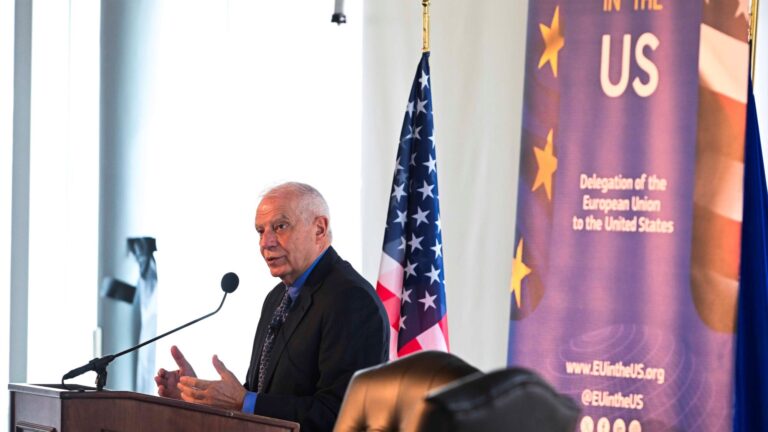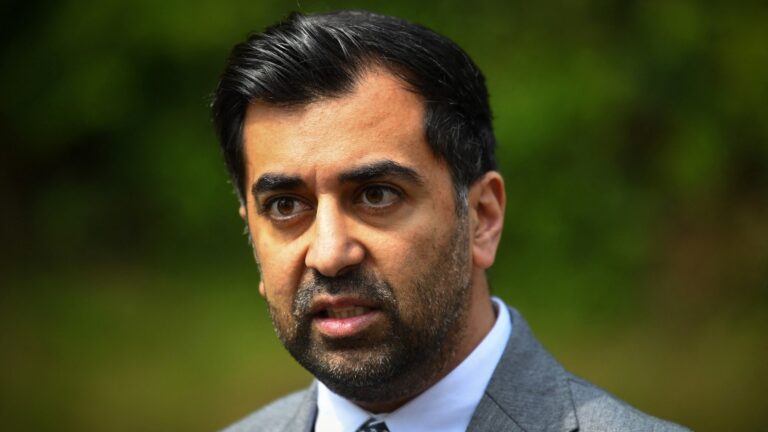On Monday, February 6th, a comprehensive trial of pro-democracy activists charged under Beijing’s controversial national security law began in Hong Kong. A total of 47 defendants are on trial, the Hong Kong newspaper South China Morning Post reports. The trial will last three months.
The 47 defendants include some well-known pro-democracy activists, such as former student leader Joshua Wong and lawyer Benny Tai. Arrested in a dawn raid in January 2021, all have been charged with conspiracy to commit subversion for participating in an unofficial primary election organized by democracy supporters in 2020.
Their plan has been labeled by prosecutors as a “vicious plot” to subvert the city government and to wreak “mutual destruction” on it by taking control of the Legislative Council, Hong Kong’s parliament.
Due to the COVID pandemic, the 2020 elections were eventually canceled.
Before the start of the trial, 18 out of the 47 defendants had let it be known that they were denying the charges, the conviction for which carries a life sentence.
During the opening session Monday, as prosecutors argued their case, two of the defendants changed their former statements and pleaded guilty, Hong Kong media report.
One of them, Ng Kin-wai, said he had “failed to subvert the totalitarian regime and I plead guilty.”
Another, this time unrepentant, defendant, former lawmaker Leung Kwok-hung, said there was “no crime to answer. It is not a crime to act against a totalitarian regime.”
Four out of the 47 are set to testify against the remaining 16 who plead not guilty, prosecutor Jonathan Man told the court. He identified those who would testify against their erstwhile compatriots as former legislator Au Nok Hin, former district councilors Andrew Chiu and Ben Chung, and businessman Mike Lam.
In 1997 Hong Kong, a former British colony, was returned to China under a “one country, two systems” formula meant to guarantee its freedoms and an independent legal system.
Since the 2019 district elections, Hong Kong’s electoral system has seen a dramatic change, as Beijing started exerting ever more influence. For example, whereas previously Hong Kong citizens had the right to decide on half of all parliamentary seats, they can now only directly appoint 20 of all 90 mandataries.
The curtailing of the Chinese so-called ‘special administrative region’ autonomy sparked mass pro-democracy protests that same year. In 2020, these were brought to an end with the promulgation of a strict security law. The measure, criticized by Western governments as a tool to crush dissent, targets activities Beijing considers terrorist, secessionist, or as given proof of collusion with foreign countries.
Since the law took effect, more than 230 people have been arrested and/or sentenced, including newspaper editors and owners of media outlets critical of the CCP, like media tycoon Jimmy Lai.
Last year, Edward Leung, a 30-year-old activist and supporter of Hong Kong independence, was released after serving four years in prison. A leader of Hong Kong Indigenous, a now-disbanded political group that organized anti-China protests and advocated localism, Leung promoted an identity tailored to Hong Kong, as opposed to a generalized Chinese one.
Meanwhile, meaningful ways of organizing have been made nearly impossible, as labor unions and civil society groups have been forced to disband.
Chinese and Hong Kong authorities defend the law as having a “stabilizing” effect.





